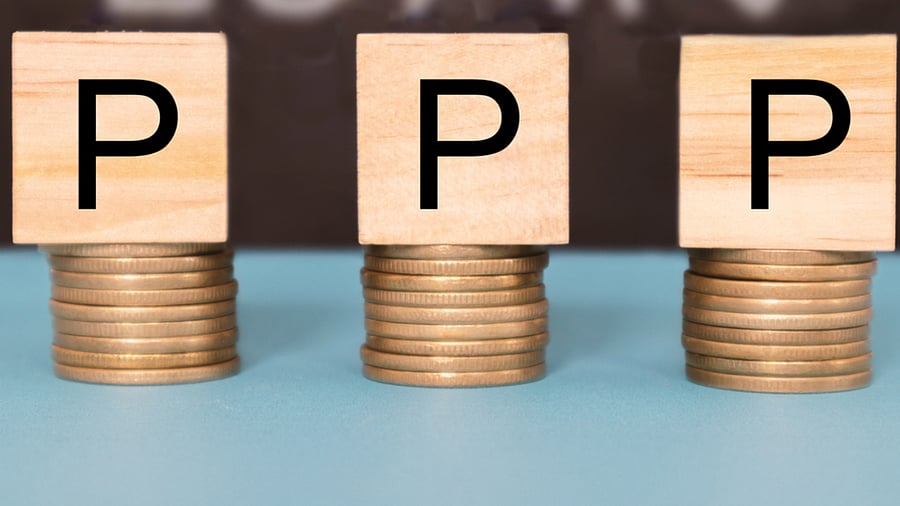
The Bhabha Atomic Research Centre (BARC) in Mumbai has evolved a design for the first public–private partnership (PPP) research reactor for production of nuclear medicines.
The premier research organization of the Department of Atomic Energy (DAE) is ready to share the technology of production of a variety of nuclear medicines.
In the proposed partnership, the private entities will get exclusive rights to process and market the isotopes produced in the research reactor, in lieu of investing in the reactor and processing facilities.
In May last, the government had announced the establishment of a research reactor in PPP mode for production of medical isotopes as a part of Atmanirbhar Bharat initiatives for the DAE.
The DAE has initiated discussion with potential Indian and global investors regarding this project to seek their inputs. Investor road shows are planned starting from the first quarter of 2021, followed by a formal tender process for selection of private partner(s).
The proposed reactor is expected to come online within five years of the beginning of the construction.
The construction is planned to start after obtaining all requisite permissions.
Atomic Energy Commission (ARC) Chairman and DAE secretary KN Vyas said, “In line with the ‘Make In India’ vision of the government, this project will be a major step towards making India self-reliant in key radio isotopes used in medical and industrial applications. As a result, it will increase availability of effective and affordable treatments for cancer. At the same time, the large scale and the technology being deployed for the planned research reactor will enable India to not only become a significant global player in the growing nuclear medicine market, but also have one of the most modern research reactors anywhere in the world.”
BARC Director Dr AK Mohanty said, "BARC is the premier research institute for research in radio-isotopes for medical, industrial and research purposes for more than 60 years. BARC's research has resulted in developing and processing many new radio-isotopes, reducing import dependency as well as making the life-saving isotopes available to the country's poorest of the poor at a most reasonable cost."
“Globally, nuclear medicine is a $6 billion market and is expected to grow rapidly to reach USD 30 Billion by 2030. India produces all major isotopes in the country under the aegis of BARC. It also imports some of the isotopes to fulfil the growing demand of the country from Europe, Australia and other Asian countries. The planned PPP has an opportunity to completely transform India's stature in the global nuclear medicine industry,” a press release said.
